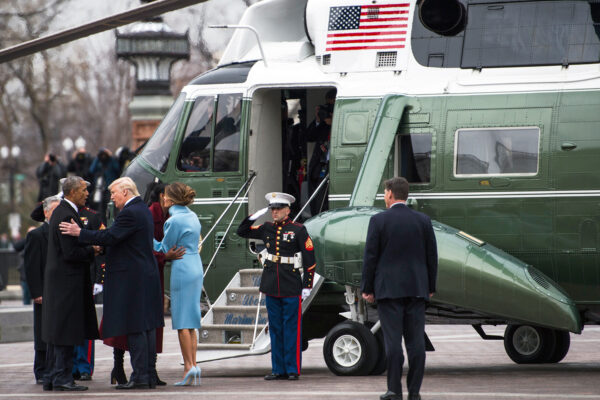
Dylan Matthews cautions in Vox that ending the Trump presidency will not fix, or even substantially ameliorate, most of the problems plaguing the American political system.
They were mounting for years before he took office — indeed, they made him possible — and they will continue to plague us for years after he leaves.
Matthews shares some of my ideas for fixing American democracy, including abolishing the Electoral College and moving toward proportional representation. He also suggests eliminating midterm elections and introducing public financing for elections.
Don’t tell conservatives, but what we’re talking about is making the United States more like a European democracy.
Are any of these reforms likely to happen? No. But even one or two would make a big difference.
The presidency is too powerful
Another problem, John Dickerson points out in The Atlantic, is that the American presidency has become too powerful for any one person.
For more on this, I recommend Gene Healy’s The Cult of the Presidency, which can be downloaded for free (PDF) from the Cato Institute.
Solutions include appointing a European-style prime minister to work with Congress and outsourcing protocol to the vice president and first lady.
The real change, though, needs to come from the American public and the media, who expect too much of their president, and from Congress, which has abdicated its role as the first branch of government.
Trump’s shady business deals
Peter Fritsch and Glenn R. Simpson, whose firm, Fusion GPS, hired former British spy Christopher Steele during the 2016 election to research Donald Trump’s past, argue in The New York Times that the investigation into the president’s business dealings is more significant than the Russia probe.
Fritsch and Simpson themselves found strong indications that companies affiliated with Trump might have been entangled in foreign corruption.
From New York to Florida, from Panama to Azerbaijan, they write, they found “that Trump projects have relied heavily on foreign cash — including from wealthy individuals from Russia and elsewhere with questionable, and even criminal, backgrounds.”
